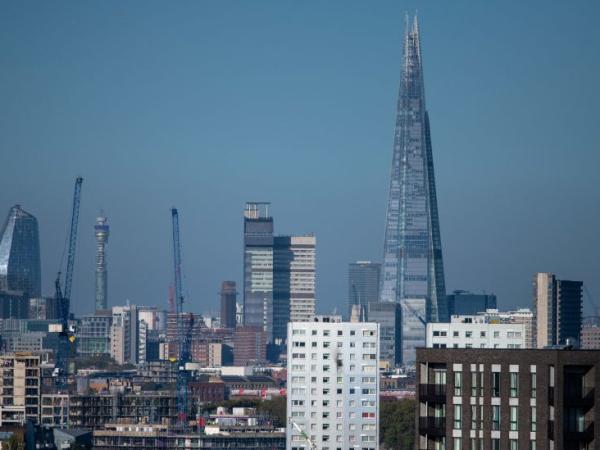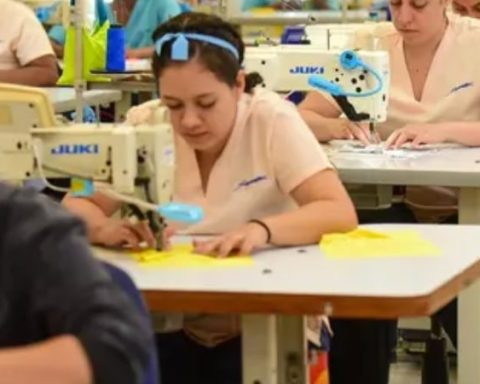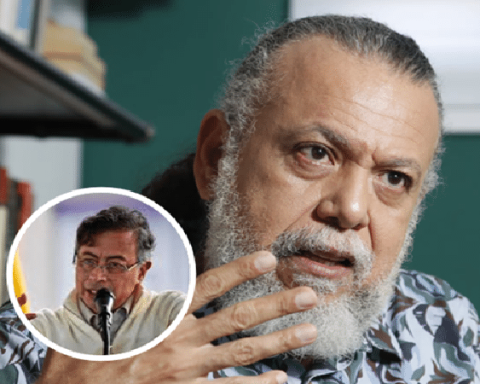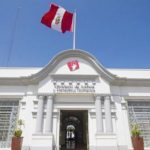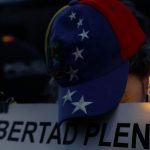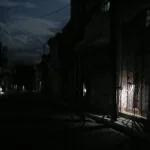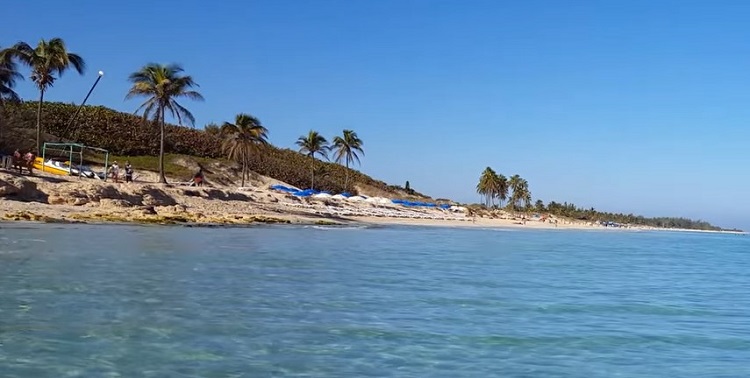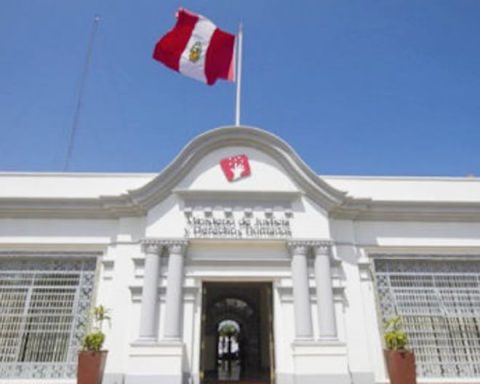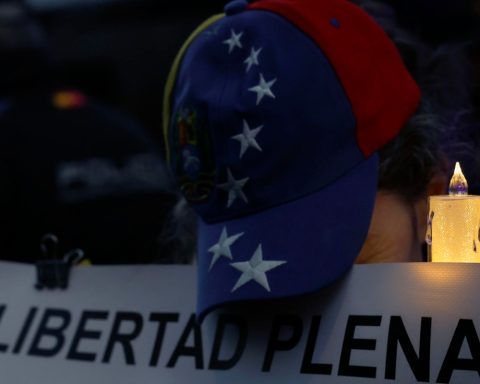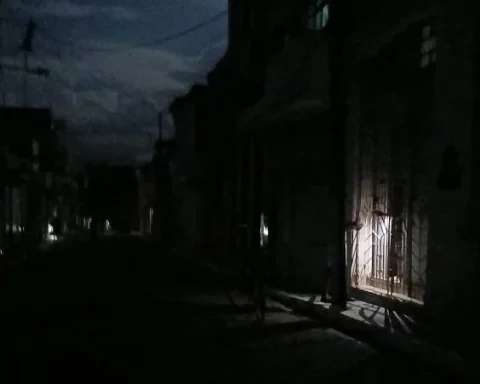Not long ago, Doha, the Qatari capital, was far from the futuristic and almost dystopian image that it presents in 2022, a few days after hosting the Soccer World Cup.
A century ago, in 1922, this small Gulf State of three million inhabitants and less than 12,000 km² was a practically uninhabited land, a humble settlement of fishermen and pearl collectors where the majority of inhabitants were nomadic travelers from the vast deserts of the Arabian peninsula.
Only a few over the age of 90 could today remember the terrible economic hardship experienced in the 1930s and 1940s, after the Japanese invented pearl farming, mass-produced it, and effectively collapsed the Qatari economy.
In that decade, Qatar lost up to 30% of its inhabitants who left to seek opportunities abroad. Ten years later, in 1950, there were no more than 24,000 residents according to the United Nations.
But then the Qatari economy was on the verge of a radical turn. She had literally found a miracle: one of the largest oil reserves in the world.
It was the starting point for the Qatari coffers to enrich at a frenetic pace from the second half of the 20th century and its residents to become some of the wealthiest citizens in the world.
Now that Qatar is revealed to many with its large skyscrapers, luxurious artificial islands and state-of-the-art stadiums, at BBC Mundo we analyze the three changes that have transformed this country into one of the richest on the planet.
When Qatar discovered its black gold, it did not yet exist as a nation and was in the hands of the British, who took control of this territory in 1916.
After several years of exploration, the first reserves were found in Dukhan in 1939, on the west coast of the country and about 80 kilometers from Doha.
However, it would take a few more years to capitalize on this finding.
“The discovery occurs just at the beginning of the Second World War, which prevented oil from being exported until 1949 and, therefore, the benefits did not begin to enter,” explains Kristian Coates Ulrichsen, expert analyst in BBC Mundo. Qatar from the Baker Institute in the United States.
The export of oil opened up a range of opportunities in Qatar, which quickly began to transform and modernize.
Attracted by the booming oil industry, migrants and investors began to arrive in Qatar, swelling its population. If in 1950 there were less than 25,000 inhabitants, by 1970 there were already more than 100,000.
From a country of fishermen and pearl collectors, in 1970 Qatar already had a gross domestic product (GDP) of more than US$300 million.
A year later, Qatar was consolidated as an independent state after the end of the British presence. A new era that also brought with it a second discovery that generated more wealth.
When in 1971 explorer engineers discovered the vast natural gas reserve at North Field, off the northeast coast of Qatar, few imagined its significance.
It would take 14 years and dozens of drills to understand that North Field was the largest non-associated natural gas field on the planet, with approximately 10% of the world’s known reserves.
This, in practice, makes Qatar have the largest gas stocks in the world, behind only Russia and Iran, countries much larger in population and area.
North Field covers an area of approximately 6,000 km², equivalent to half of all of Qatar.
Qatargas, the company that produces the most liquefied natural gas in the world, considers the development of this industry as a significant factor in Qatari economic growth.
But just like oil, the huge profits from gas exports were slow in coming.
“For a long time, the demand was not that great and there was not great interest in developing it, although everything began to change in the 80s, when the infrastructure began to be created in several phases, it was distributed within the country and, in the 90s, prepared to export it and make it the great engine of the economy,” says Coates.
The Qatari economic growth curve takes a stratospheric leap with the arrival of the 21st century. Only between 2003 and 2004, the GDP went from growing at a rate of 3.7% to 19.2%. Two years later, in 2006, the economy expanded by 26.2%.
Double-digit GDP growth has been a hallmark of Qatar’s strength for several years and is a phenomenon that cannot only be explained by the value of gas.
“This occurred after the political change in which Hamad bin Khalifa al Thani, the father of the current emir Tamim bin Hamad Al Thani, took power in 1995, a controversial event for some because of how it came about,” Mohammad told BBC Mundo. Saidi, a professor at Qatar University and a specialist in sustainable economics.
Hamad bin Khalifa al Thani deposed his father as emir of the country when he was on a trip to Switzerland. The Al Thani are the dynasty that has ruled Qatar for the last century and a half and this type of succession of power has not been uncommon.
But apart from palace intrigues, analysts agree that this succession marked a before and after.
“Investments in extraction, liquefaction and distribution infrastructures multiplied to optimize the performance of its huge reserves and this translated into an exponential increase in exports,” explains the Spanish Institute of Foreign Trade (ICEX).
In 1996, a cargo full of liquefied natural gas set sail for Japan. It was the first major export of Qatari gas and the start of the multibillion-dollar industry that catapulted Qataris to the pinnacle of global wealth.
GDP per capita in Qatar was US$61,276 in 2021. If we also take purchasing power parity into account, the figure rises to US$93,521 according to the World Bank, among the highest in the world.
Its small population makes much of the difference. Qataris number only around 300,000-350,000, 10% of the current total of three million, most of them expatriates.
“That is to say, that the population to which the great benefits of the State are destined is very small. That allowed the GDP per capita to grow so fast,” says Coates.
The Qatari state, in addition to guaranteeing high wages, also provides robust public education and health systems.
However, Qatar’s spectacular economic growth has suffered setbacks and slowed in recent years. It also envisions challenges ahead, not least from its reliance on fossil fuels, currently under great scrutiny for their climate impact.
“In 2013 and 2014 oil prices plummeted and economic diversification became the main topic of discussion,” says al Saidi.
Added to this was the blockade imposed between 2017 and 2021 by Saudi Arabia, the United Arab Emirates, Bahrain and Egypt after a diplomatic dispute with Doha, challenging the resilience of the Qatari economy.
“Qatar has not yet built a post-gas or oil economy. That is why they are trying to expand the private sector, invest a lot around the world to reduce their dependence on hydrocarbons,” Coates adds.
A good example of this attempt is the presence of the Qatar Investment Authority, the state sovereign fund, in multiple renowned properties in cities such as London or New York.
“Or also how they try to boost tourism and turn Doha into a hub for meetings, conferences and events, especially now with the World Cup,” adds Coates,
The wealthy Qatari economy has been reflected in the more than US$200,000 million that it has invested in this World Cup, the most expensive in history, with eight stadiums, a new airport and a new metro line, just to name a few of the various infrastructures listed. for the event.
A large part of the world questions the way in which the event has been prepared, with complaints from humanitarian organizations about the conditions of many workers involved in the construction, the majority coming from countries such as Nepal, India and Bangladesh.
Added to this are other allegations of corruption and bribery against Qatar and the International Federation of Association Football (FIFA) when it was assigned to hold the event in 2010.
This and the questions about the rights of women and the LGBT community in a country branded as conservative and strict have caused many to consider this event as “image laundering.”
Beyond these denunciations, it is clear that this is much more than a World Cup for the small country that grew rich in record time and that is now seeking to establish itself as a key geopolitical player under a more modern and progressive image.
Remember that you can receive notifications from BBC Mundo. Download the new version of our app and activate them so you don’t miss out on our best content.
BBC WORLD
